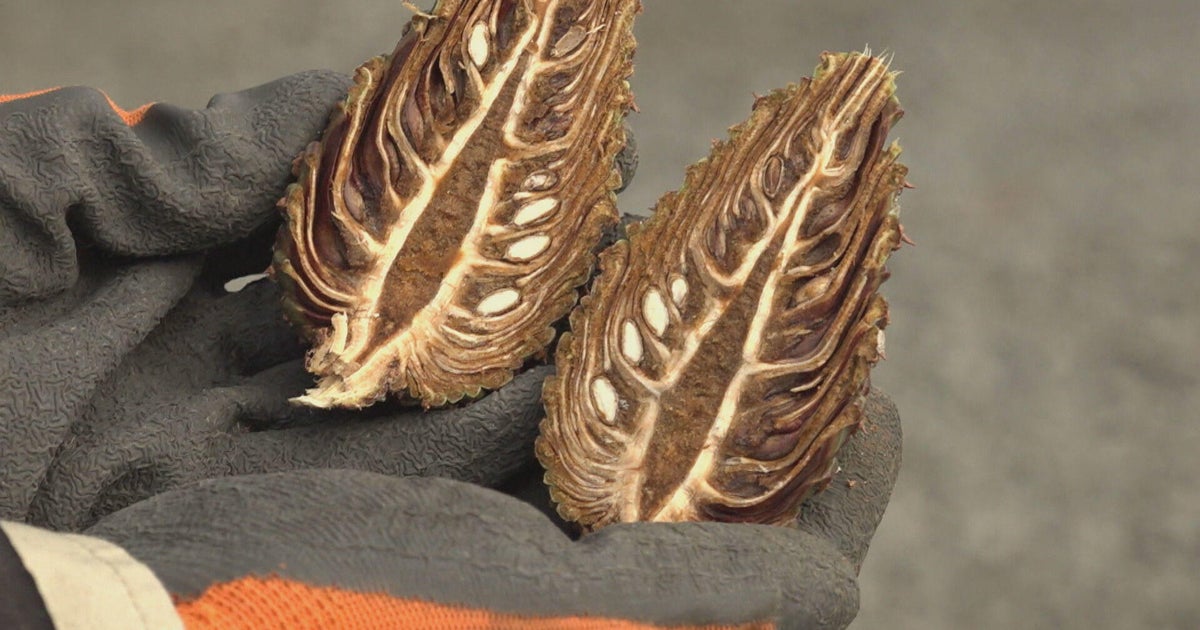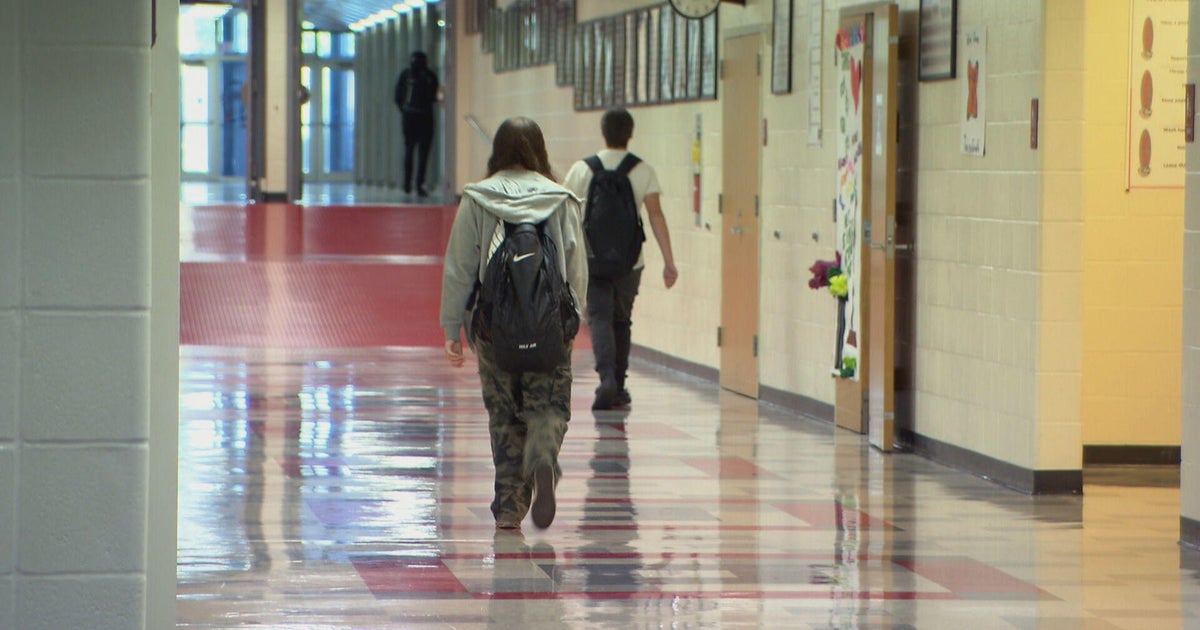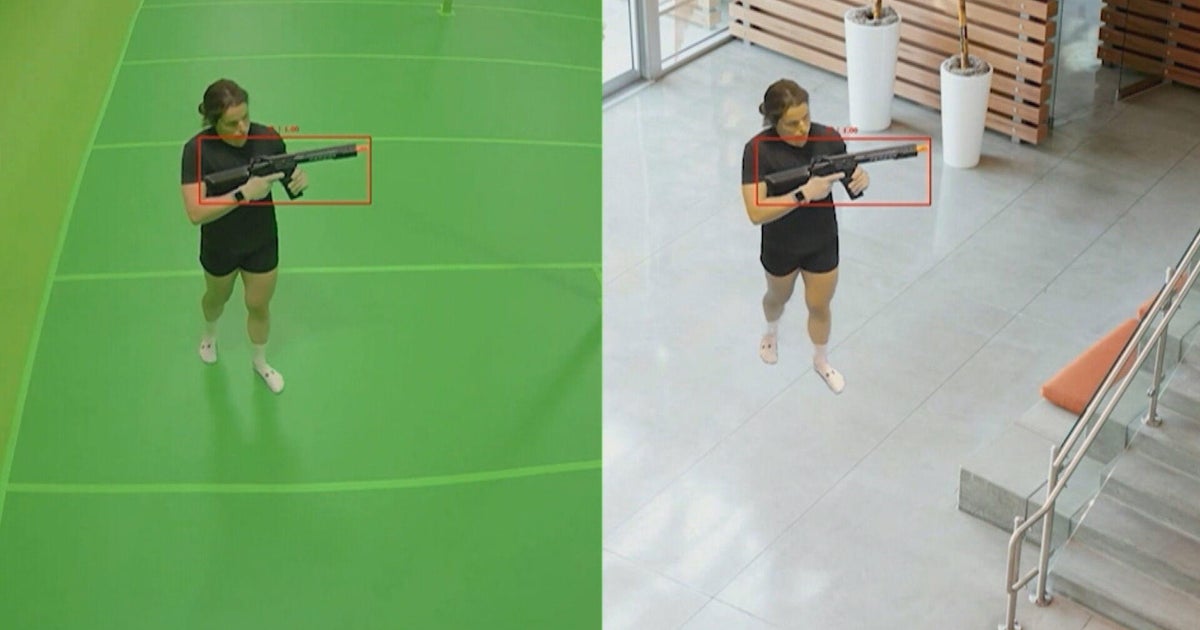Inland Puerto Rico still suffering weeks after Hurricane Maria
The death toll on hurricane-ravaged Puerto Rico more than doubled overnight from 16 to 34. Reports have been slow to arrive from devastated hospitals.
Many of the new deaths are from the island's rural interior, where CBS News chief medical correspondent Dr. Jon LaPook got a firsthand look at the devastation.
For two weeks, resident Nick Prouty has been flying almost daily runs to pick up the sick and drop off supplies. Even now, it's hard to measure the staggering toll of the hurricane.
"Where do these people go? There's absolutely nothing left," Prouty said.
Most of the people there are still without water and power, and aid is arriving very slowly. It will take months to restore electricity, according to estimates -- at odds with President Trump's upbeat remark about power to a selected crowd in a church.
Further inland, LaPook and Prouty landed near a community hospital in Utuado. With dwindling supplies, Dr. Jose Villafane is struggling to get help for his sickest patients.
"As we stabilize them and try to transfer them to another hospital, they are dying in the other settings," Villafane said.
"So they end up dying either on the way to the hospital, elsewhere or in San Juan?" LaPook asked.
"That's true," Villafane said.
As Prouty looks down from his helicopter, he knows there's more suffering than he can see.
"We don't see it because we can't get to those people … No one's going out to them yet," he said. "Finding out who's in there, who's missing … Literally it has to happen on a door-to-door basis."
On Wednesday, Puerto Rico Gov. Ricardo Rossello told LaPook that most of the newly reported deaths were from things like mudslides, drowning and collapse of buildings that had not been accounted for. Three were from failure of oxygen delivery due to power loss.





